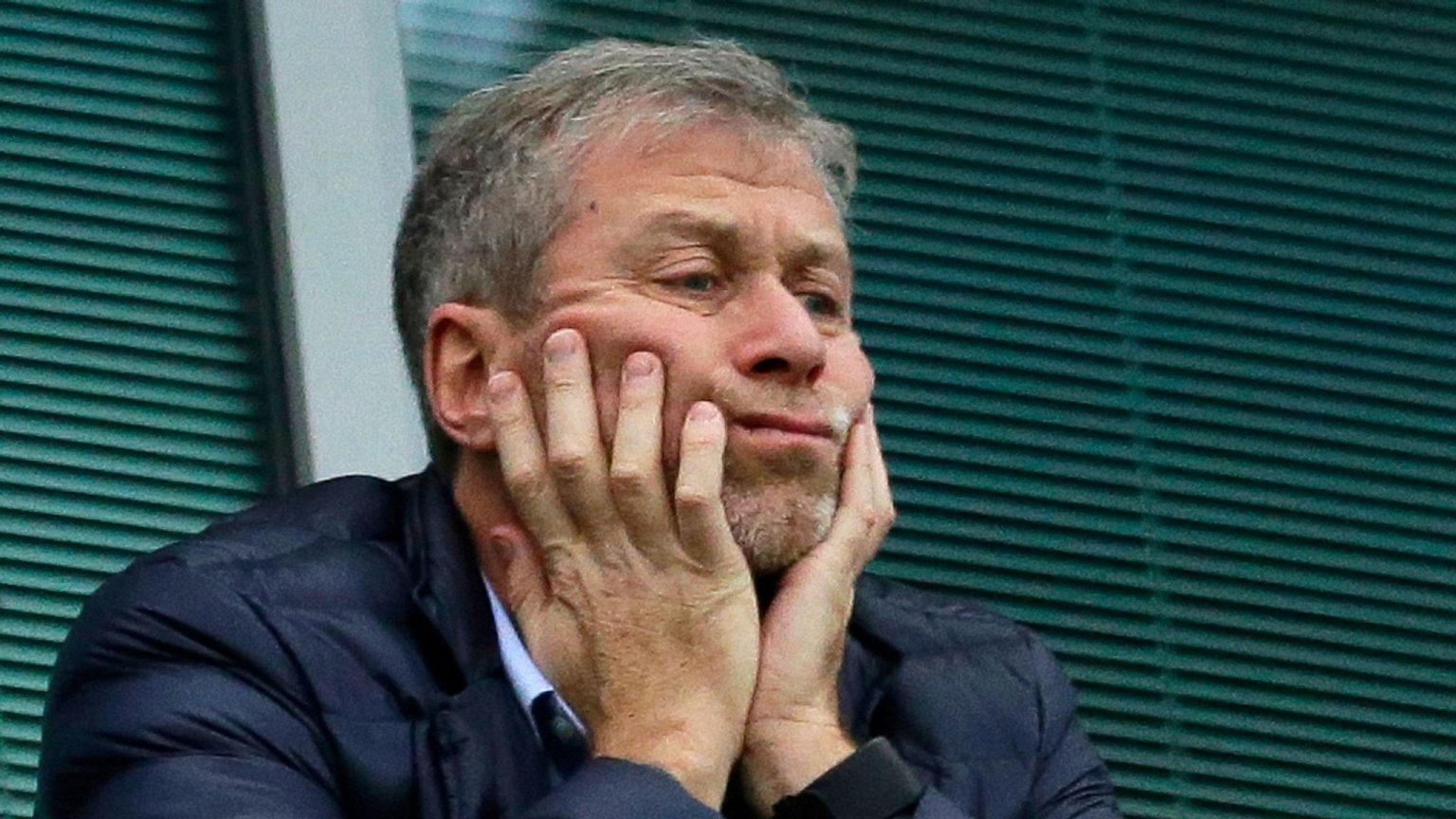The UK government has warned it is prepared to take Roman Abramovich to court to ensure that the £2.5 billion raised from the sale of Chelsea Football Club is directed towards humanitarian aid in Ukraine.
The money, frozen in a UK bank account since the sale in 2022, has been the subject of a long-running dispute between the government and the sanctioned Russian billionaire. Abramovich sold Chelsea under a special licence granted by the UK government, on the condition that he would not profit from the sale following Russia’s full-scale invasion of Ukraine.
In a joint statement, Chancellor Rachel Reeves and Foreign Secretary David Lammy said: “While the door for negotiations will remain open, we are fully prepared to pursue this through the courts if required. The government is determined to see the proceeds from the sale of Chelsea Football Club reach humanitarian causes in Ukraine.”
They added: “We are deeply frustrated that it has not been possible to reach agreement on this with Mr Abramovich so far.”
The core of the dispute lies in Abramovich’s insistence that the funds should benefit all victims of the war in Ukraine—including those in Russia—whereas the UK government has maintained that the money must be spent solely on humanitarian aid within Ukraine.
Though Abramovich cannot access the funds due to UK sanctions, the proceeds remain legally his. When he put the club up for sale, he stated that all profits would be donated via a charitable foundation to support those affected by the conflict.
The UK government, however, has blocked this broader interpretation of victims, and negotiations with Abramovich’s legal team have so far failed to break the deadlock.
A House of Lords committee criticised the prolonged delay last year, describing it as “incomprehensible” that Abramovich’s promise to use the funds for Ukrainian support remained unfulfilled and that the assets remained untouched. “This impasse reflects badly on both Mr Abramovich and the government,” the committee said, urging ministers to seek a more binding resolution.
Abramovich, who made his fortune in Russia’s oil and gas sector, has long denied having close ties to President Vladimir Putin. Nonetheless, he was sanctioned by the UK and several other Western nations in the wake of the war.
Now, over two years since the club’s sale, with no agreement in sight, the government appears ready to escalate the matter in the courts to ensure the frozen funds finally reach those in Ukraine most in need.


